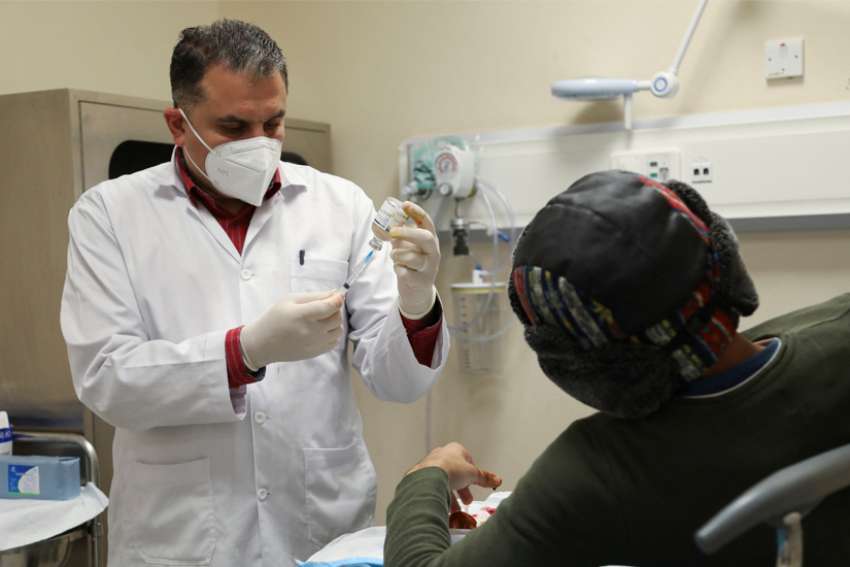“Patients are always more important than their diseases, and for this reason, no therapeutic approach can disregard listening to the patient, his or her history, anxieties and fears,” the Pope wrote in his message for the 2022 World Day of the Sick, which the Catholic Church marks Feb. 11, the feast of Our Lady of Lourdes.
Care that respects each patient’s “dignity and frailties” is especially needed when “healing is not possible,” he added.
“It is always possible to console; it is always possible to make people sense a closeness that is more interested in the person than in his or her pathology. For this reason, I would hope that the training provided to health workers might enable them to develop a capacity for listening and relating to others,” Pope Francis wrote in his message, which was released Jan. 4.
Reflecting on Christ’s call in Luke 6:36 to “be merciful,” Pope Francis focused on the need to accompany those who suffer “on a path of charity.”
Mercy, he said, “expresses God’s very nature” in that He “cares for us with the strength of a father and the tenderness of a mother.”
Many people who are ill, especially during the current pandemic, “spent the last part of their earthly life in solitude, in an intensive care unit, assisted by generous health care workers, yet far from their loved ones and the most important people in their lives,” the Pope noted.
“This helps us to see how important is the presence at our side of witnesses to God’s charity, who, following the example of Jesus, the very mercy of the Father, pour the balm of consolation and the wine of hope on the wounds of the sick.”
Pope Francis thanked health care workers who went out of their way to care for the sick as a mission “carried out with love and competence, (that) transcends the bounds of your profession.”
“Your hands, which touch the suffering flesh of Christ, can be a sign of the merciful hands of the father,” he said. “Be mindful of the great dignity of your profession, as well as the responsibility that it entails.”
Pope Francis said pastoral ministry in health care provides an “indispensable service” and that all Christians are called to offer “God’s closeness” to the sick and the suffering.


